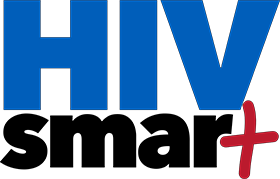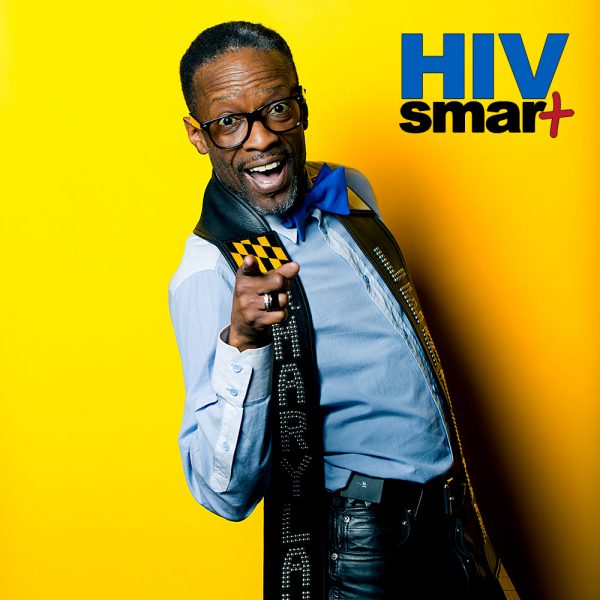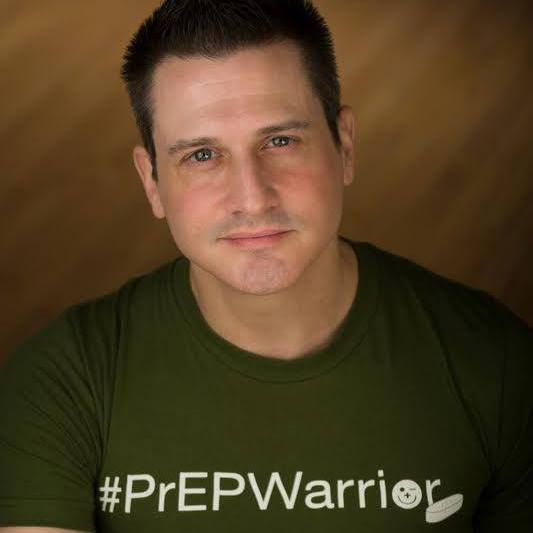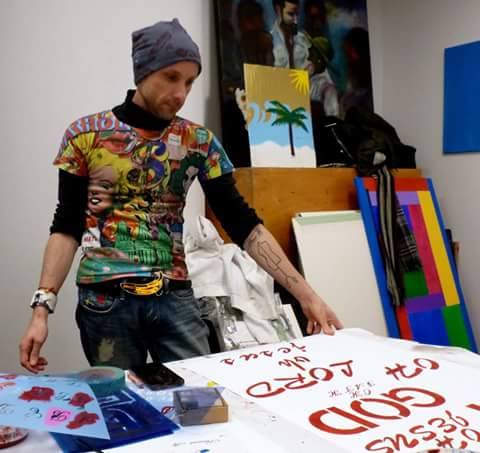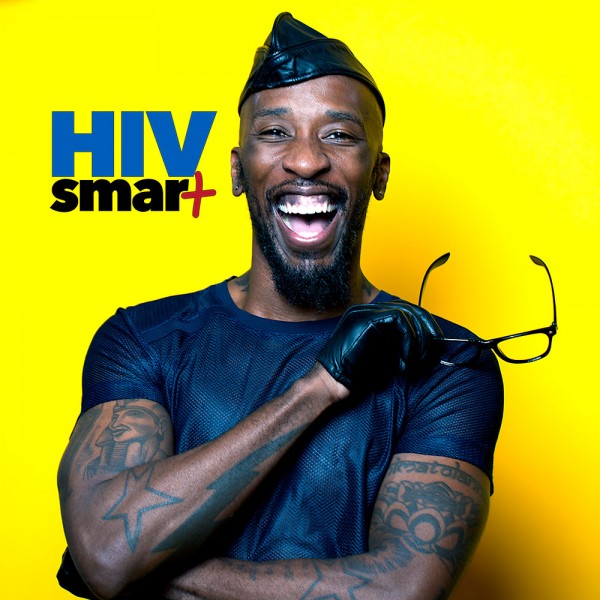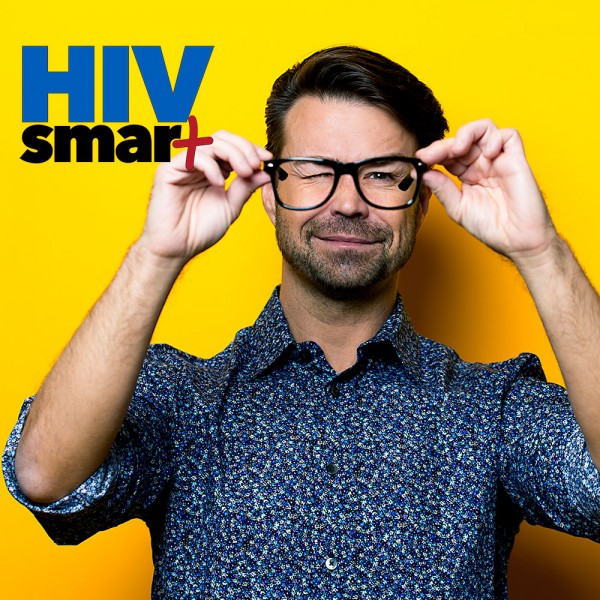People with HIV have an exceptional high rate of depression.
Estimates for HIV-positive people who suffer from depression range from 45% to as high 60%. This rate is remarkable compared to the rest of the population whose rate is 10% or less.
Depression tends to be overlooked due to the fact that HIV primary care physicians are not adequately trained to recognize depression.
Just because someone is HIV-positive doesn’t mean he or she suffers from depression. However, there is a high correlation and it is compounded by stigma.
Depression is more than that occasional “feeling down” or sad feel that passes in a day or two. When you suffer from depression, it feels like an intense aching sadness that lasts can last for days, weeks or much longer.
Problems Associated with Depression
- Depression can make HIV progress faster.
- Depression can also be mistaken for advancing HIV.
- The HIV-positive person suffering from depression may not take their medications properly or according to schedule and miss doses altogether.
- They can engage in high-risk behaviors that can lead to transmission.
- They may suffer from self-destructive behavior including drugs and alcohol addictions.
- Lower quality of life
- Thoughts of suicide or suicide attempts.
Signs of Depression
- Feelings of sadness, anxiety or being “empty”
- Feelings of worthlessness, hopelessness, guilt, shame
- Insomnia or excessive sleeping
- Loss of interest in hobbies or sex
- Fatigue / Decreased energy
- Problems concentrating
- Decreased appetite / weight loss
Treatment for Depression
- Exercise
- Increased exposure to sunlight
- Counseling with a medical professional
- Antidepressants
For more information:
National Institute of Mental Health
If you are experiencing suicidal thoughts, please speak with your doctor immediately or call:
National Suicide Prevention Lifeline
1 (800) 273 -8255
The Trevor Project
Provides crisis intervention and suicide prevention services to LGBTQ young people 13-24
http://www.thetrevorproject.org/pages/get-help-now
Trevor Lifeline 1 (866) 488-7386
